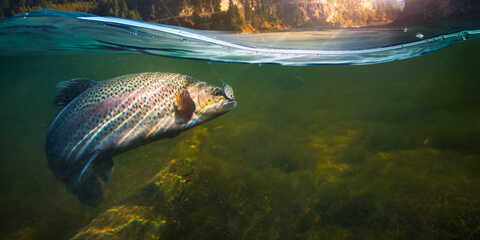On this page
Behind every product in our stores is a story about the people who made it and helped deliver it to our customers. Think about the farmers and the makers, the packers and the movers, the suppliers and the sellers. At every step of this journey there are real people working hard and making decisions about the resources they need — things like energy, water, raw materials and human effort.
We believe the people behind the products deserve to be treated fairly and encouraged to use resources sustainably. As a national grocer, we’re committed to using our scale and influence responsibly, taking steps to source more and more products that nurture people and protect the planet.
We’re also committed to doing the right thing by our suppliers, championing national standards while investing in local producers and growers. Our goal is to keep growing and innovating, so we can help nourish even more Canadian families and businesses in future.
Our Approach
Over the past year, we’ve developed or updated ethically and environmentally conscious purchasing guidelines, and these include specific targets with respect to animal welfare, sustainable seafood (PDF 0.64MB), and sourcing sustainable palm oil (PDF 0.23MB). These guidelines, which are focused on our Own Brands products as a first step, articulate our purchasing commitments and guide our sourcing teams:

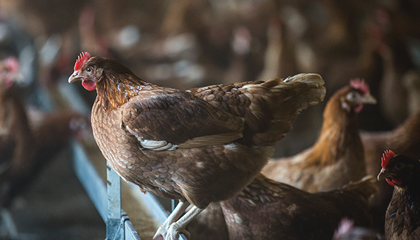
Animal Welfare
Animal welfare is a priority for us. Together, with other retailers, in 2013 and 2016 respectively, we announced commitments to source all our fresh pork products from producers using gestation-crate free housing systems for pregnant sows by the end of 2022, and to sourcing only cage-free eggs by the end of 2025. We remain committed to these goals and are continuing to work with our internal sourcing teams, as well as with our external partners like our suppliers, the National Farm Animal Care Council (NFACC) and the Retail Council of Canada (RCC) to assess our progress and identify opportunities to achieve these commitments.
Given that all elements of our complex supply chain are reliant on multiple partners, we acknowledge that we will not meet these goals by the original timeframes — but that does not mean we will give up on these goals. As stated in our June 2021 update to stakeholders, we will continue to take part in the key forums to move the entire industry towards higher animal welfare standards.
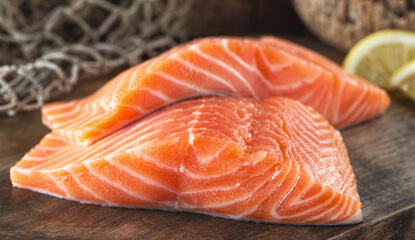
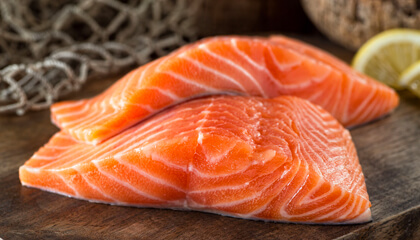
Sustainable Seafood
In fiscal year 2021 we released Sustainable Fish & Seafood Guidelines for our fresh and frozen Own Brands products, committing that by 2025, a minimum of 95 per cent of the total weight of the products will be third-party certified or recommended by Ocean Wise, a global ocean conservation organization working to ensure the use of ocean-friendly products. As of fiscal year 2021, 96 per cent of Own Brands fresh and frozen seafood offered in stores was certified as sustainable.
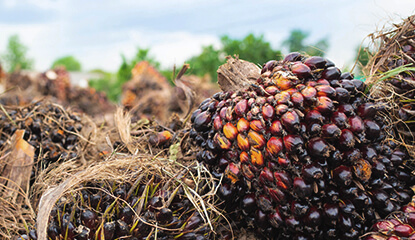
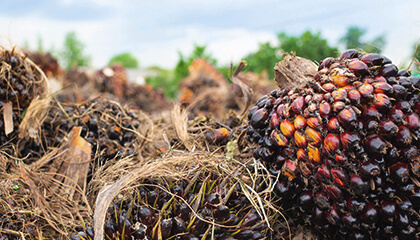
Sustainable Palm Oil
We are committed to using sustainable palm oil in our Own Brands products, reporting to the Roundtable on Sustainable Palm Oil (RSPO). As of December 2020, 98.6 per cent of the palm oil used for our Own Brands products was fully physically traceable certified sustainable palm oil.
Progress Highlights
GOAL
Animal Welfare Commitments: (1) Source all fresh pork products from producers using gestation crate-free housing systems by the end of 2022; (2) source only cage-free eggs by the end of 2025.
PROGRESS
30%
(1) More than (1) More than 30% of the sows from our supplier of our Own Brands lean ground pork are housed in loose housing systems; (2) Cage-free eggs (free run, free range, organic) make up approximately 17.5% of our total egg sales as of the end of our fiscal year 2021 (May 1, 2021). <a href="/sustainable-business-report-2021/recent-updates" class="blue-text bold-text">Click here </a>for the June 2021 update on our animal welfare commitments.30% of the sows from our supplier of our Own Brands lean ground pork are housed in loose housing systems; (2) Cage-free eggs (free run, free range, organic) make up approximately 17.5% of our total egg sales as of the end of our fiscal year 2021 (May 1, 2021). <a href="sustainable-business-report/recent-updates" class="blue-text bold-text">Click here </a>for the June 2021 update on our animal welfare commitments.
GOAL
By 2025, a minimum of 95% of the total weight of our Own Brands fresh and frozen fish and seafood will be third-party certified and/or recommended by Ocean Wise. All of the remaining will have to be involved in Fisheries or Aquaculture Improvement Project (FIP/AIP).
PROGRESS
96%
of our Own Brands fresh and frozen fish and seafood is third-party certified sustainable and/or recommended by Ocean Wise.
GOAL
By 2020, completely transition to the use of Certified Sustainable Palm Oil (CSPO).
PROGRESS
100%
As of December 2020, 100% of the palm oil used in our Own Brands products was certified sustainable palm oil, with fully physically traceable certified sustainable palm oil making up 98.6%. The remaining 1.4% is certified through credits.

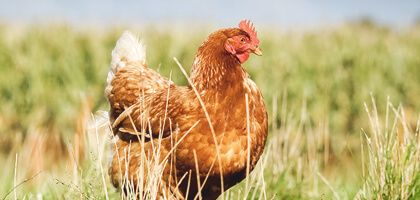
How We’re Making a Difference
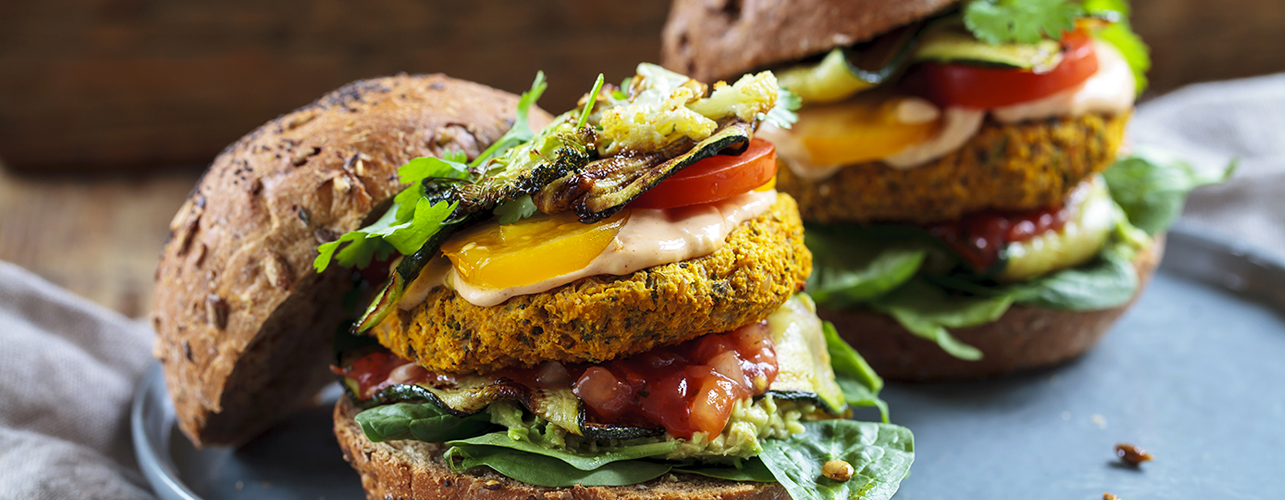
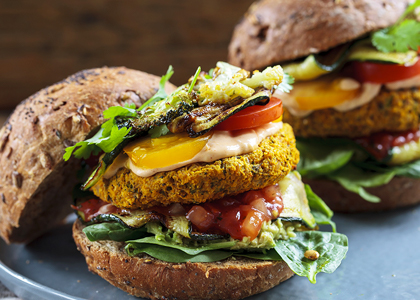
Supporting Animal Welfare
As members of the National Farm Animal Care Council (NFACC), we’re committed to the respectful treatment of all livestock animals within our supply chain. We source live-stock derived proteins — such as beef, milk, eggs, poultry and pork — through processors and distributors who, in turn, are supplied by a wide range of, primarily, Canadian farms. Each livestock commodity has its own trade association and regulatory requirements that govern animal welfare and food safety. Each association has its own code of practice and care assessment programs that we stay well informed on.
We have a track record of driving and supporting improvements in animal welfare. For example, we supported the Veal Associations of Québec and Ontario plan to transition producers using individual stalls for veal production to group housing. In 2018, we met that commitment, with 100 per cent of our fresh veal now coming from suppliers that have made the switch to group housing. This is now the industry standard articulated in the Code of Practice.
Over time, we’re also adding more choices for plant-based proteins in our stores. For example, we were the first retailer in Canada to carry Impossible Burger by Impossible Foods, an alternative form of protein that is delivers all the taste of a traditional burger but without the meat.
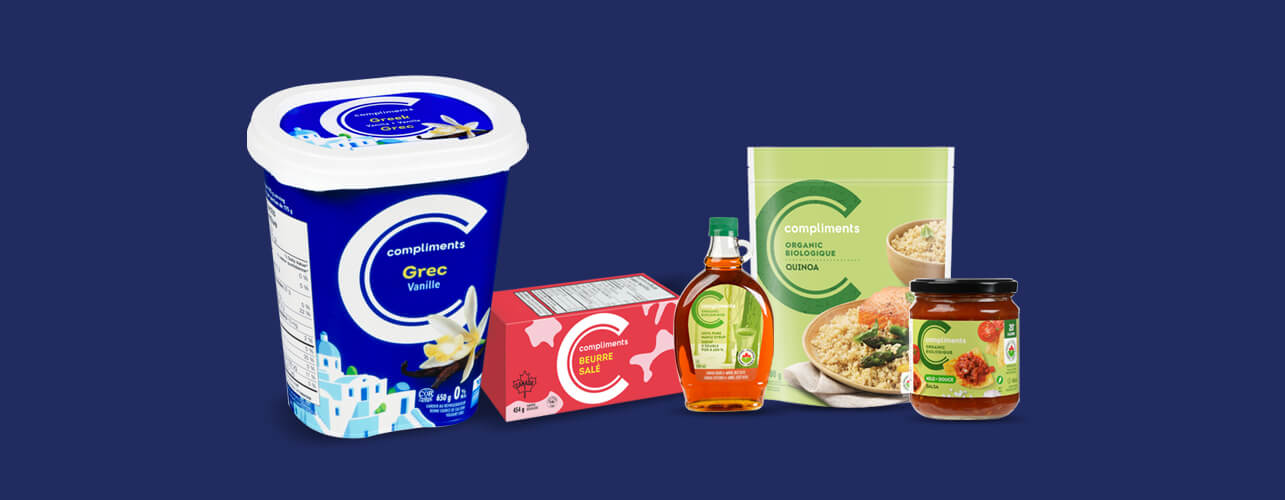
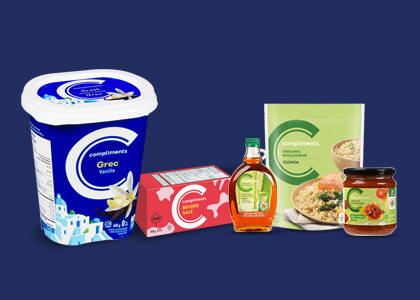
Advancing Sustainability with Our Own Brands1
We’re proud of the quality and value we deliver to customers through our Own Brands offerings including Compliments and Panache. For fiscal year 2021, all of the palm oil used in our Own Brands was certified sustainable by the Roundtable on Sustainable Palm Oil. Similarly, 96 per cent of our Own Brands fresh and frozen seafood is Marine Stewardship Council, Aquaculture Stewardship Council, or Best Aquaculture Practices certified. Over 30 per cent of our Own Brands lean ground pork is sourced from farms housing sows in loose housing systems2. And we continued to invest in ethical supplier relationships through more than 11 Own Brands offerings that are Fairtrade-certified. Other highlights of our Own Brands include:
- Over 25 of our Own Brands products bear the Dairy Farmers of Canada logo, consistent with our long-standing support for Canadian-made products.
- We are a proud member of Plant-Based Foods of Canada and our Own Brands plant-based products are all third-party certified.
- All of our Organic Own Brands products meet the guidelines and permitted substances that are used in the Canadian organic certification process.
- Our Own Brands comply with all certification and traceability requirements required by the Safe Food for Canadians Act.
1 Own Brands refers to Sobeys Inc Control Brand products only. Own Brands does not include Longo’s or Farm Boy control brands.
2 Loose housing is defined as systems that allow for the housing of sows in group pens during their gestation period. For the safety of the animals and caregivers, sows are housed in stalls during their nursing and breeding stages.

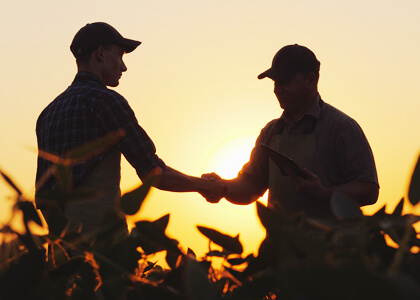
Fostering Fair Dealings with Suppliers
We’re committed to investing in respectful and sustainable supplier relationships at a national and local level. We’re proud to have partnered with Food, Health and Consumer Products of Canada to develop Canada’s first draft Grocery Supply Code of Practice (PDF 0.99MB) — an agreement that will create a fairer playing field for retailers and suppliers. The draft code promotes fair dealings, mutually-beneficial relationships, commercial certainty, transparency, clear processes to resolve disputes, and a vision to ensure our industry keeps delivering customer value in sustainable ways. We’ve submitted the draft code to the Federal, Provincial and Territorial (FPT) Ministers of Agriculture working group, and look forward to input and support from other grocery retailers across the country.

